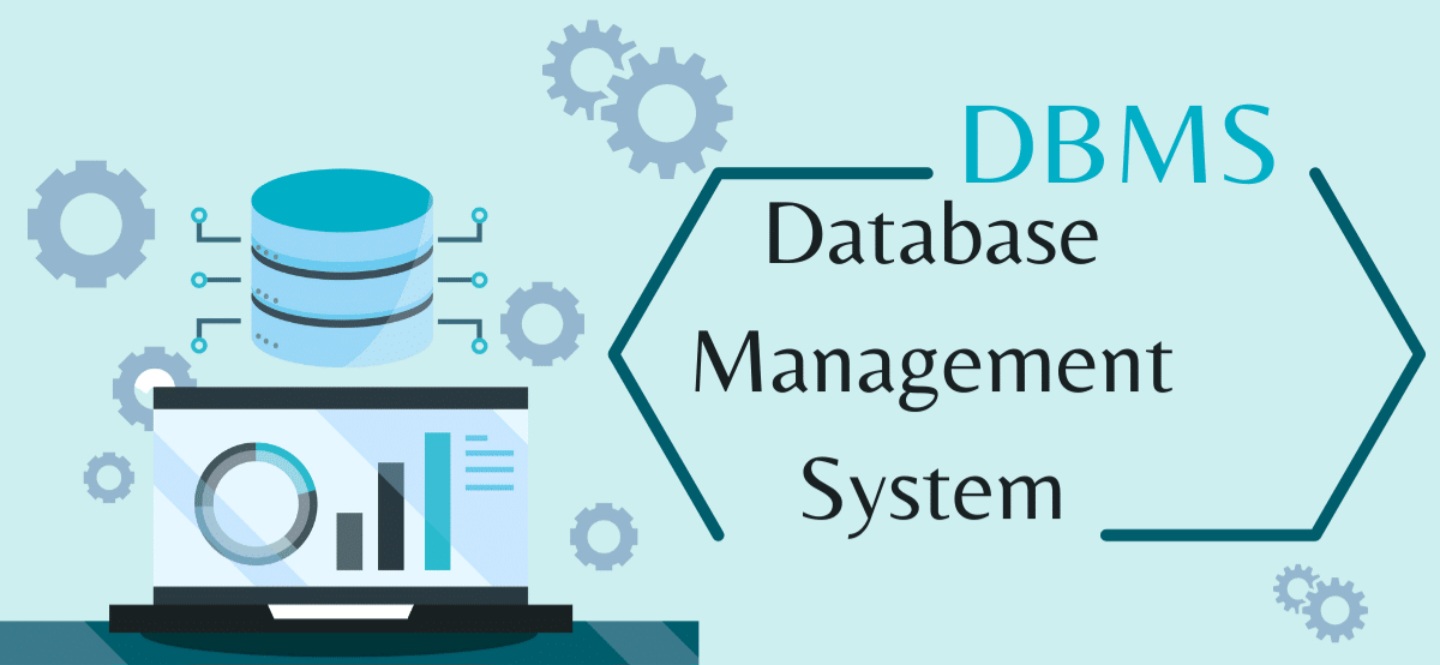
Database management
1 enrolledA database management course teaches the fundamental concepts, principles, and techniques for designing, implementing, and managing database systems. Students gain practical skills in data modeling, structured query language (SQL), and database administration to support business processes and decision-making.
This course provides an introduction to the core concepts of database management systems (DBMS), emphasizing the design and implementation of relational databases. Topics include data modeling using Entity-Relationship (E-R) diagrams, translating conceptual models into relational schemas, and formalizing database structures through normalization.
Modules
Module 1: Introduction to Databases and Database Management Systems(DBMS).
This module provides a high-level overview of database concepts, their purpose, and their evolution. Key topics: -What is data, a database, and a Database Management System (D…
Module 2: Database system architecture
Students will learn about the fundamental architecture that underpins a DBMS, which is important for understanding how data is stored and managed. Key topics: - The three-leve…
Module 3: Data modeling with the Entity-Relationship (ER) model
This module introduces the critical skill of conceptual database design, which allows students to model real-world requirements before implementation. Key topics: - Basic ER d…
Module 4: The relational model
This is the central module for most introductory database courses, focusing on the theory behind relational databases. This is the central module for most introductory database co…
Module 5: Structured Query Language (SQL) basics
In this hands-on module, students practice the primary language used to interact with relational databases. Key topics: - Data Definition Language (DDL): CREATE, ALTER, and DRO…
Module 6: Database design and normalization
This module refines the skills learned in the data modeling module by focusing on efficient, non-redundant database design. Key topics: - The problem of data redundancy and up…
Quiz
This is a multiple-choice quiz designed to test your fundamental understanding of Database Management Systems. It covers core concepts, including the definition of a database, its…
Reviews & Feedback
good